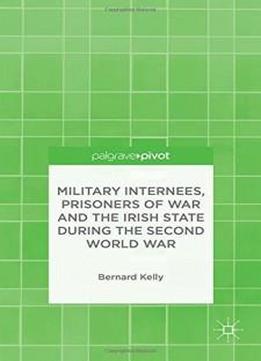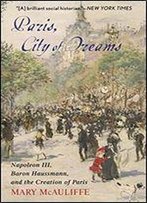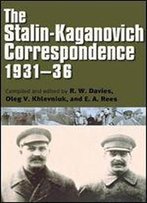
Military Internees, Prisoners Of War And The Irish State During The Second World War: Behind Green Wire (palgrave Pivot)
by Bernard Kelly /
2015 / English / PDF
1 MB Download
Between 1939 and 1945, over two hundred German and forty-five
Allied servicemen were interned at the Curragh military camp in
neutral Ireland, after crashing or washing ashore on Irish
territory. Their presence in Ireland caused the de Valera
government a series of very challenging problems; Dublin was
bound by international law to intern belligerent personnel who
crossed Irish borders, but was also very mindful of its sometimes
fractious relationship with Britain and the United States. De
Valera chose a difficult and sometimes contradictory path,
choosing to sometimes ignore and sometime implement international
law, disregarding some of Ireland's obligations as a neutral,
while consistently leaning towards the Allies in his operation of
the belligerent internment system. At the same time, Dublin had
to navigate an intricate relationship with prisoners of war held
abroad – in Europe, Asia and Northern Ireland – which, at times,
stretched Irish neutrality to breaking point.
Between 1939 and 1945, over two hundred German and forty-five
Allied servicemen were interned at the Curragh military camp in
neutral Ireland, after crashing or washing ashore on Irish
territory. Their presence in Ireland caused the de Valera
government a series of very challenging problems; Dublin was
bound by international law to intern belligerent personnel who
crossed Irish borders, but was also very mindful of its sometimes
fractious relationship with Britain and the United States. De
Valera chose a difficult and sometimes contradictory path,
choosing to sometimes ignore and sometime implement international
law, disregarding some of Ireland's obligations as a neutral,
while consistently leaning towards the Allies in his operation of
the belligerent internment system. At the same time, Dublin had
to navigate an intricate relationship with prisoners of war held
abroad – in Europe, Asia and Northern Ireland – which, at times,
stretched Irish neutrality to breaking point.











